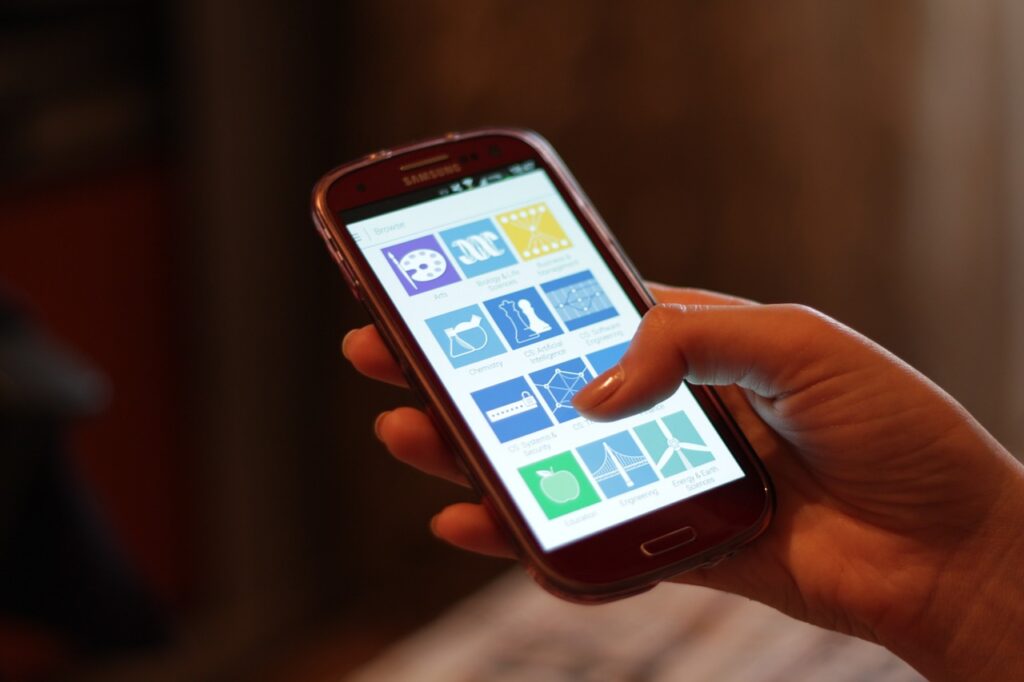A new study has found that attitudes in Flanders towards technology have cooled considerably over the past year, with overall smartphone Belgian media rep0rt.
The survey, conducted by Ghent University and Belgium-based digital research centre Imec, found that Flemish people now spend an average of 185 minutes per day on their smartphones – 3 minutes less than last year. Still, this is 35 minutes more than before the pandemic.
The report found that 40% of Flemish people say they spend too much time on their smartphone; last year it was just 33%. In a bid to break the addiction, the vast majority (88%) of the region's residents say they are now actively trying to limit their phone use.
Professor Lieven de Marez of Ghent University told De Tijd that although "71% of people think that technology makes life easier, there is a decline in techno-optimism." He added that social media is a particular concern among users: "We often realise that those things are time-consuming and addictive. And we are becoming more cautious of the way that those companies handle our data."
Young people
Intriguingly, the report found that young Flemish people are growing increasingly concerned about their smartphone use: 35% of 18 to 24-year-olds in Flanders now admit to being addicted to their phones, up from 31% in 2022.
"Those apps are designed to be time-consuming, it's an attention-grabbing industry," de Marez explained to Het Nieuwsblad. "Young people have cultivated time-consuming habits as teenagers but as university students their time becomes more precious."
The study further noted that Flemish people in general are becoming more and more overwhelmed by the rapidity of technological change: indeed, roughly half of all Flemish people now agree that technological innovations are happening "too soon after one another".
Related News
- Sounds like you? Belgians spend over 3 hours per day on smartphones
- Campaign against distracted driving: People still using phone behind wheel in Flanders
"A lot is happening," said de Marez. "We have only just had the [technological] acceleration that Covid-19 imposed on us, and Meta CEO Mark Zuckerberg is already ready to lead us into the 'metaverse'. There is now also a new hype around artificial intelligence and we still barely understand blockchain and crypto coins. It's too much."
According to Hadewijch Vanwynsberghe, a researcher at Imec, the sheer speed of such change is such that even young Belgians are incapable of keeping up. "It is an outdated idea to think that it is only seniors who struggle with [new technology] and that young people can do all that fluently," she said. "Young people are also facing this problem."
De Marez, too, shared this view. "The myth of the young person as a digital native who is automatically part of the digital society has been punctured," he said.

